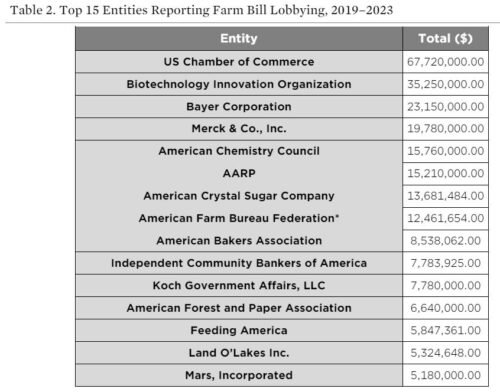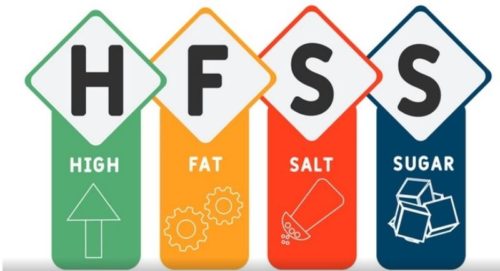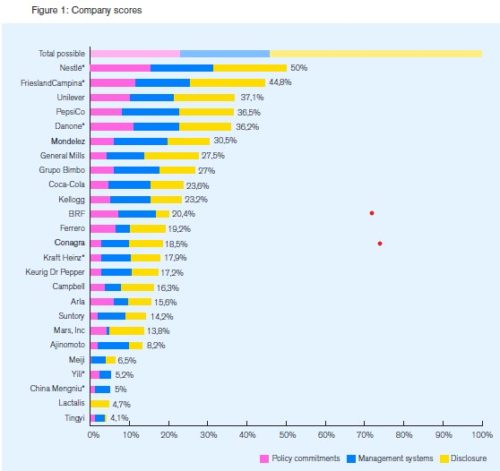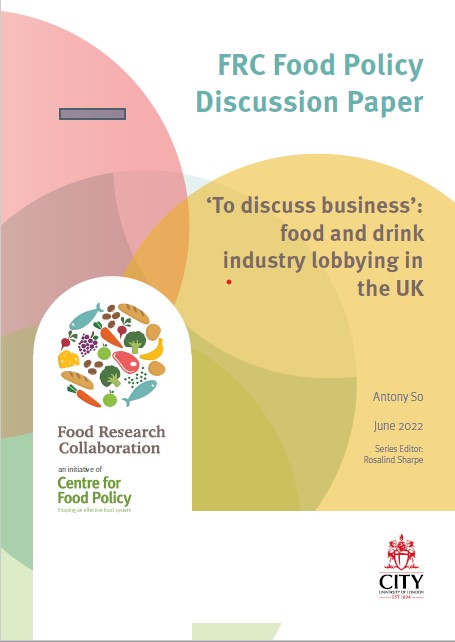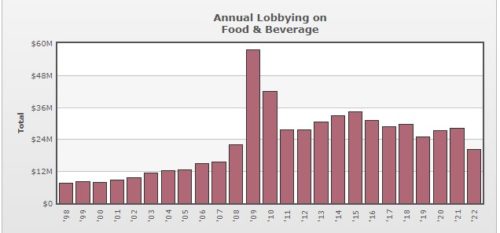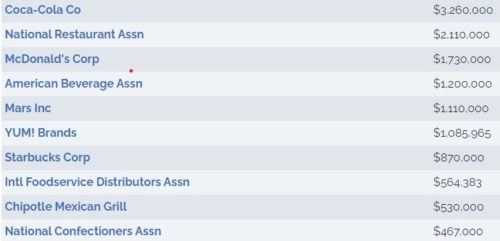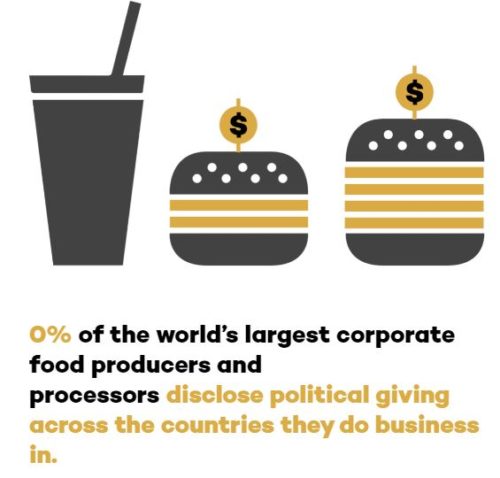Alcohol industry lobbying scores wins against Dietary Guidelines
The alcohol industry must be exceptionally powerful (that’s why it is regulated by the Treasury Department, which cares about revenues, rather than an agency of Health and Human Services. Its lobbying is highly effective, especially when it comes to Dietary Guidelines.
That is also most likely why the Senate Agriculture appropriations bill contains this clause [my emphasis]:
SEC . 759. The National Academies of Sciences, Engineering and Medicine (NASEM) were tasked with providing findings and recommendations on alcohol consumption for the purposes of inclusion in the 2025 Dietary Guidelines for Americans as required by section 772 of division A of the Consolidated Appropriations Act, 2023 (Public Law 117–328): Provided, That the Secretary of Health and Human Services and the Secretary of Agriculture shall only consider the findings and recommendations of the NASEM report in the development of the 2025 Dietary Guidelines for Americans and further, both Secretaries shall ensure that the alcohol consumption recommendations in the 2025 Dietary Guidelines for Americans shall be based on the preponderance of scientific and medical knowledge consistent with section 5341 of title 7 of United States Code.
To understand what this is about, consider the NASEM and two other reports on alcohol that came out recently.
As I discussed here previously,
I. The National Academies of Sciences, Engineering, and Medicine’s Review of Evidence on Alcohol and Health says moderate drinking
- Reduces all-cause mortality (moderate certainty)
- Reduces the risk of cardiovascular disease (moderate certainty)
- Increases the risk of breast and colorectal cancer (but can’t decide about others)
My summary: OK, moderate drinking increases breast and colorectal cancer, but reduces risks for heart disease and overall mortality—a net benefit (unless you happen to get one of those cancers).
II. The Surgeon General, Vivek Murthy, says in his Advisory on Alcohol and Cancer Risk
- Consuming alcohol increases the risk of developing at least 7 types of cancer.
- The causal relationship between alcohol consumption and cancer is firmly established.
My summary: Oops. Alcohol absolutely increases the risk of at least 7 cancer types.
- Males and females who consumed 1 drink per day had an increased risk of liver cirrhosis, esophageal cancer, oral cancer, and injuries, but a lower risk for ischemic stroke…females had a higher risk for liver cancer and a lower risk for diabetes mellitus when they drank 1 drink per day…even infrequent high per-occasion drinking may eliminate the lower levels of risk for ischemic stroke.
- Alcohol use is associated with increased mortality for seven types of cancer (colorectal, female breast, liver, oral cavity, pharynx, larynx, esophagus [squamous cell type]). Increased risk for these cancers begins with any alcohol use and increases with higher levels of use. Women experience a much greater risk of an alcohol-attributable cancer per drink consumed.
My summary: Oops again. Everyone, especially women, who drink any alcohol at all is at higher risk of 7 cancer types.
As reported in Vox and Stat, HHS is withdrawing this report and sending it to report heaven, as if it never existed.
Reuters says the forthcoming Dietary Guidelines will not mention alcohol.
For the background on all of this, see my previous reports:
- The alcohol saga continues
- Alcohol in the 2025-2030 Dietary Guidelines: the rumors (this one has a table of previous alcohol recommendations)

